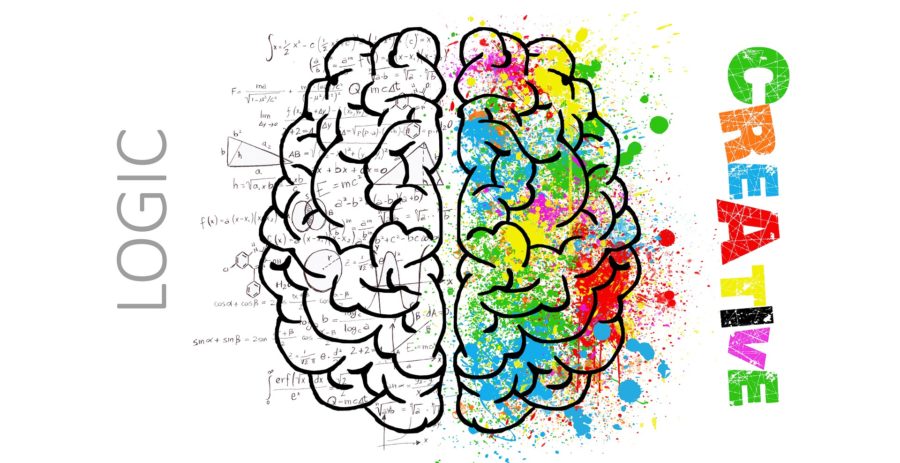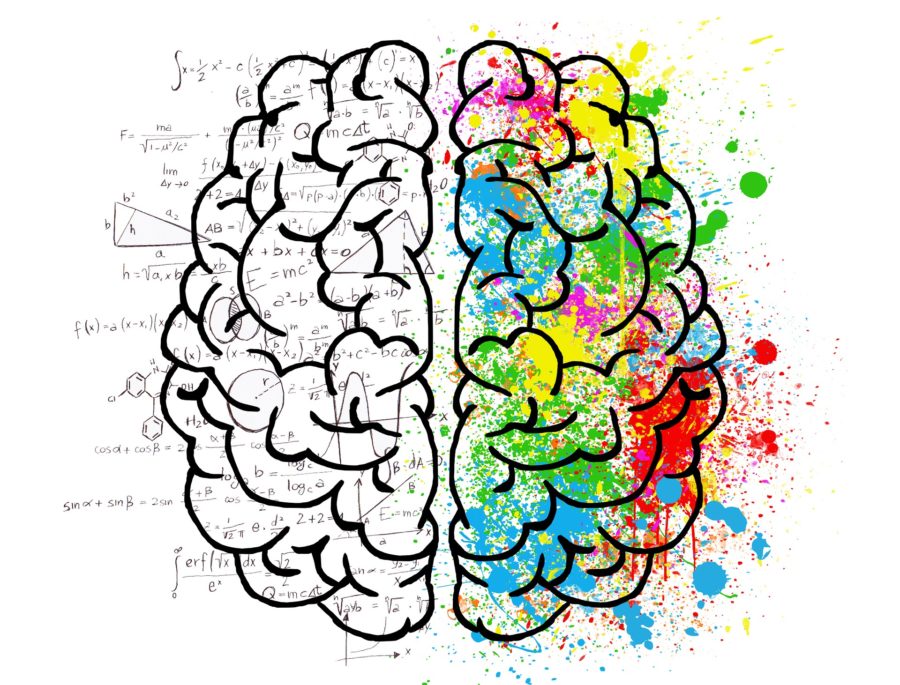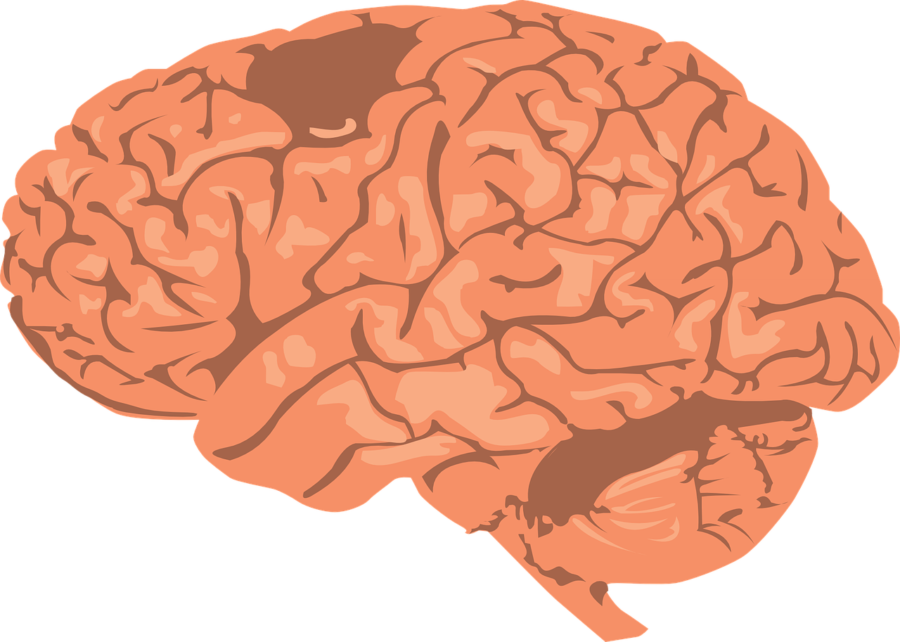
Facebook is useful for helping stay connected to friends and family; however, Facebook is synonymous with drama. It’s no surprise that researchers from the University of Houston have found links between Facebook usage and depressive symptoms.
According to researchers, Facebook users inevitably begin comparing their lives to the lives of their friends. This kind of social comparison, along with the amount of time spent on Facebook, may be associated with perceived declines in quality of life. The study by Mai-Ly Steers will be published in the “Journal of Social and Clinical Psychology.”
“Although social comparison processes have been examined at length in traditional contexts, the literature is only beginning to explore social comparisons in online social networking settings,” said Steers.
Steers conducted two studies to examine how social comparisons to your peers on Facebook may impact your psychological health. Both studies provided evidence that users felt depressed when comparing themselves to their friends.
“It doesn’t mean Facebook causes depression, but that depressed feelings and lots of time on Facebook and comparing oneself to others tend to go hand in hand,” said Steers.
While studies of face-to-face contexts have been conducted since the 1950’s, social comparisons on social media sites may make people feel worse.
“One danger is that Facebook often gives us information about our friends that we are not normally privy to, which gives us even more opportunities to socially compare,” Steers said. “You can’t really control the impulse to compare because you never know what your friends are going to post.”
Steers believes that if people compare themselves to their friends’ highlight reels about their lives, while leaving out the bad, it can lead users to think their lives are better than they really are.
People who are afflicted with emotional difficulties may be more susceptible to depressive symptoms when they spend more time viewing distorted versions of their friends’ lives.
Steers hopes the results of the studies will help people understand that with technological advances come unintended ramifications.








